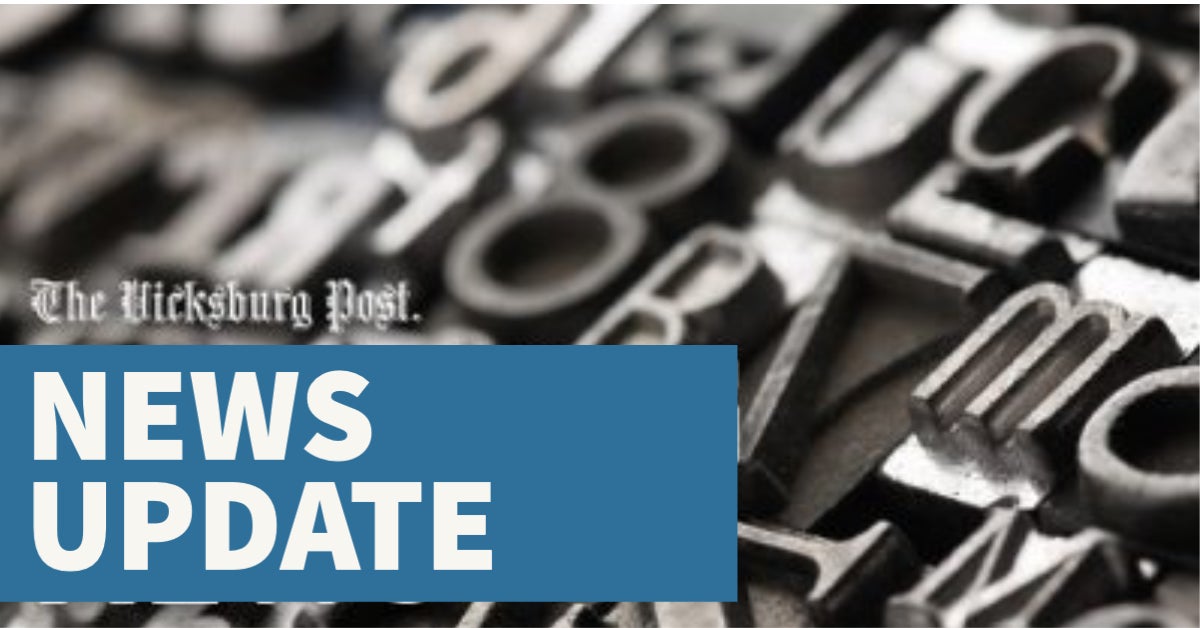State stops pulling driver’s licenses for unpaid fines
Published 8:30 pm Monday, December 25, 2017
Mississippi Department of Public Safety Commissioner Marshall Fisher has decided to make it easier for those who have suspended driver’s licenses to get their driving privileges reinstated and to stop the practice of pulling someone’s license simply because they haven’t paid their court fines or fees.
Fisher made the announcement last week along with lawyers from the MacArthur Justice Center and the Southern Poverty Law Center, after advocates complained the practice was another way Mississippi was criminalizing poverty. It parallels a court rules change enacted in July that requires a judge to determine whether a person can afford to pay a fine before jailing anyone for nonpayment.
“These changes are consistent with those new rules and a recognition across the state that a person couldn’t be punished just for their poverty,” said Micah West, a lawyer for the Alabama-based SPLC.
More than 100,000 people have had their Mississippi licenses automatically suspended at the request of a court clerk.
Warren County Sheriff Martin Pace said he applauds Fisher’s decision to not suspend a person’s driver’s license based solely on a clerk’s recommendation.
“This will allow many people to continue to work so they can pay their fine off and more importantly support their family,” Pace said.
But he cautioned that people should not think their driving privileges are now reinstated for other crimes.
“This in no way affects the Department of Public Safety from suspending licenses for persons who have been found guilty of DUI, failure to pay child support, drug violations or those found in contempt of court by a judge for not paying their fines,” Pace said.
MacArthur Center lawyer Cliff Johnson said it’s hard to tell how many will get their licenses back, although he estimated it would be in the tens of thousands.
Both legal groups have also sued cities and counties in Mississippi for jailing poor people who can’t afford to pay bail or fines. This time, it didn’t take a lawsuit, although Johnson said “we discussed the potential for litigation challenging their license suspension policy.” West said talks had been ongoing since January.
The state will begin reinstating licenses starting in January. Mississippi will waive its $100 reinstatement fee, sending letters to anyone who benefits. Officials say people should await written notification before driving again. People whose licenses were suspended for additional reasons, such as reckless driving or driving under the influence won’t get them back. Licenses will continue to be suspended for people who don’t respond to a citation or if a judge holds someone in contempt for failing to pay fines.
“We will continue to suspend licenses for other reasons allowed under Mississippi law, and we certainly take it seriously when people drive with suspended licenses,” Fisher said in a statement. “The reinstatement of these licenses will not relieve the drivers of the legal obligation to pay the fines, fees or assessments.”
Mississippi becomes the fifth state to require a consideration of ability to pay before suspending a license. Others include Louisiana, which enacted the change as part of a package of criminal justice changes last year. Mississippi lawmakers had been mulling the change as well — it was originally proposed last year in a bill meant to make it easier for people to re-enter society after being convicted of criminal offenses. The driver’s license provision was dropped and Gov. Phil Bryant ultimately vetoed the bill because it allowed some repeat offenders to be paroled after serving only a quarter of their sentence.
Johnson said suspended licenses were also driving people deeper into trouble because, lacking other options, they kept driving, incurring citations up to $500 for driving without a license and up to $250 for driving without auto insurance each time they’re caught.
“We’re making it illegal for people to drive a car in a state where we don’t have any public transportation,” Johnson said.
The Associated Press contributed to this article.





